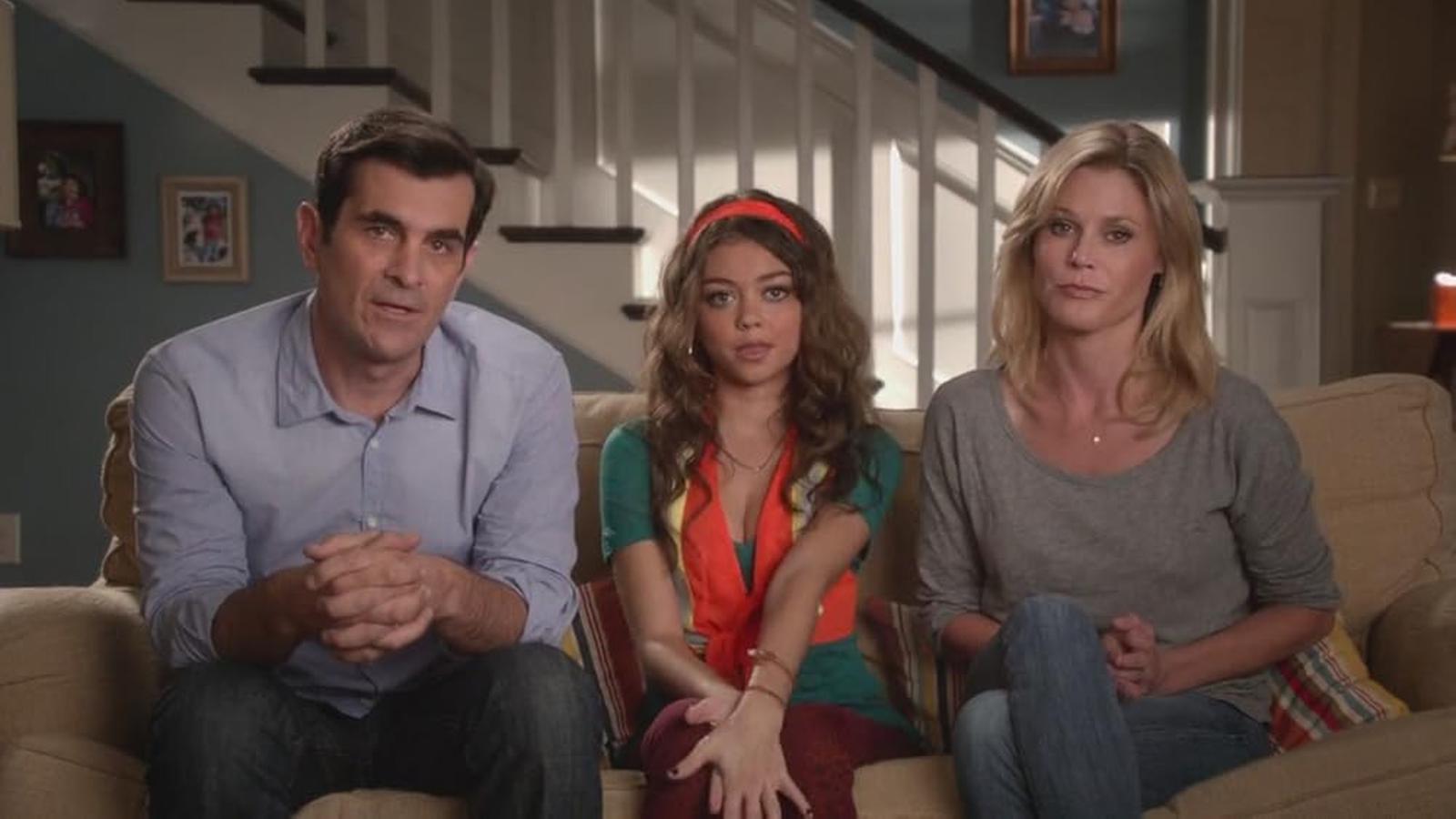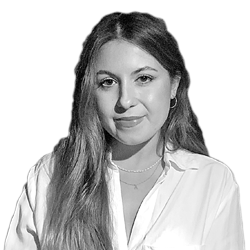Dad, Mom, I know what's best for you.
I don't have any memories from when my parents were together that would compare to the relationship the three of us have today. However, I'm not sure that—if I had memories—I would wish everything had been different.


PalmMy parents are separated. They've been together since I was very young, so I can't say I carry any trauma from this episode. It all happened when I still lacked the awareness to know that my life had changed and to wonder if it would be worse. So now I have no memory of when they were together with which to compare the relationship we three have today. However, I'm not sure that—if I had memories—I would wish everything had been different. We are a normal (but not normative) family: the three of us have a WhatsApp group, from time to time we have lunch or coffee together, one asks me for the other—and vice versa—and they ask each other for help and favors when they need it. Aside from myself, I know they have a few things in common. They share certain ways of doing and seeing life. And perhaps that's why, coincidentally and unknowingly, they both decided to quit smoking on the same day, after nearly 40 years hooked on tobacco.
Everyone handles it as best they can, but the gesture has shown that reaching their mid-fifties has awakened certain concerns about age. I found it quite funny the day my father confessed to me that he was surprised by how much life he still had ahead of him, both qualitatively and quantitatively. "I didn't expect to get this far," he admitted, stupefied, as if instead of having just turned 56, he'd turned 80 or 90. "And what did you think?" I asked, unable to laugh. He explained to me that the image he'd always had of both his father and men his age had been of older gentlemen, who looked as if they'd played their last card and had abandoned the front lines of life to watch it from the rear for as long as they had time left.
My father, who has never known how to keep a low profile, still can't bring himself to continue in the prime of his life. That's why, sometimes, I have to remind him that, since he's made it this far, it would be nice if he stayed for a few more years. I tell him this, for example, on the days he decides to cycle 100 kilometers in the middle of a heat wave: Palma-Llucmajor-Campos and back. In the middle of July, at two in the afternoon. He knows I'll scold him, and yet he still stops to visit me halfway. He's never found it difficult to be his daughter, but these are the moments when it makes it even more complicated.
My mother, for her part, has begun her own personal crusade against plastics and bacteria. Now, everything in her house is made of glass or wood. And, as if that weren't enough, she wants to entrust me with every one of her new obsessions by compulsively sending me posts she finds on Instagram about the dangers hidden in every corner of the house. This week they have been thermos bottles, which happen to accumulate millions more bacteria than a toilet, but last week they were the kitchen towels, which can obviously send you to the hospital if you don't wash them properly.
So I took them at their word. Overjoyed that they're finally prioritizing their health, I played into their hands. It was my chance to give them back all their advice, to say, "This would be good for you, listen to me," to listen to the voice of experience and knowledge. That's why, for their respective birthdays, I gave them each a voucher to do sports. For my mom, a good one for yoga classes: "You can't keep complaining about back pain." And for my dad, an access card to the climbing wall: "Enough of being out in the sun doing sports in that temperature." It's not that either of us is particularly interested in these sports, but: "Dad, Mom, I know what's good for you."
Now that several months have passed and I have evaluated the failure of my gifts, I could not help but feel like Dubravka Ugrešić, in one of the passages of Fox, a book that – honestly – ended up in my hands as required reading for a course. In one of the chapters, he reflects on having given his mother a canary: "At first, she was perplexed; she'd never had pets before, she thought it was unhygienic, and then she understood everything. I had bought her the canary to keep her company; for a woman of her age, a canary was ideal, I thought (honestly). And then he says: "I remember her look (...). It was the look on her face from a doll that had been excluded from the game, a youthful protest that flickered in her eyes for a moment, only to be quickly extinguished."
For the first time, I felt like I had betrayed my parents: I had started making decisions based on what I thought was best for them, ignoring their wishes. Wasn't this what they meant when, as a child, they would say to me: "Is this for your own good"? Suddenly, the tables had turned.
